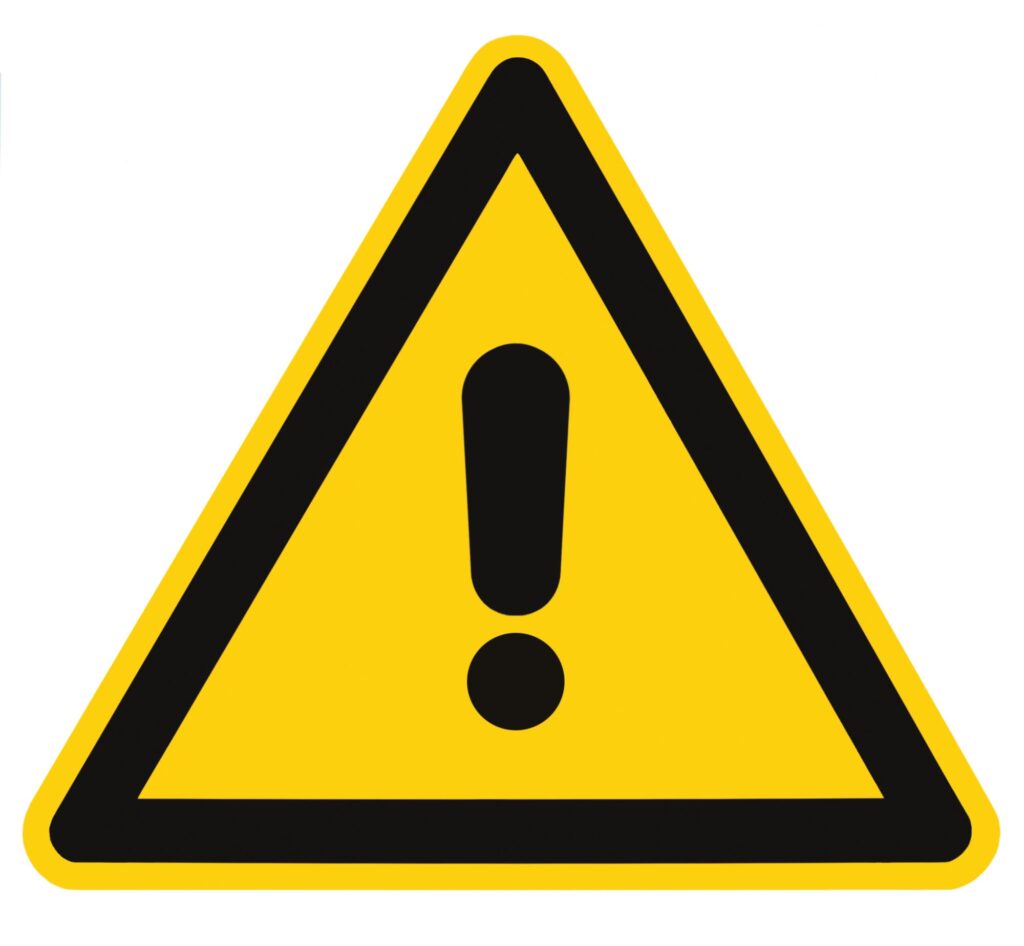As student loan debt continues to rise, President Biden has presented student loan forgiveness legislation that wipes out a certain amount of student loans. Part of the process includes expanding efforts to help protect borrowers from falling victim to scams by educating borrowers and sharing scam complaints with states.
If you have student loan debt and are desperate for relief, you may be vulnerable to student loan borrower scams. Student loan lawyers with training and expertise in student loan debt can help you understand the options available. Learn about options to manage your debt, including specific payment plans offered by the Federal government. They can provide valuable information on your next steps if you think you’ve already been scammed.
Why Do Student Loan Scams Exist?
Any time consumers have a pain point, legitimate businesses work to reduce the pain. Scammers make it look like they are a legitimate business, but their goal is to take advantage of people looking for a solution. With American student loan debt topping $1.6 trillion, paying off student loans is a concern for many Chicagoland residents. The student loan debt relief industry is not as tightly regulated as other industries, such as banking. As a result, scammers have more opportunities to prey on borrowers.
What are Student Loan Scam Warning Signs?

You may have received an advertisement or even an official-looking letter that promises to help you get student loan debt relief. Beware that these are likely scams. Some companies charge fees for services you can take care of on your own, while others will steal your sensitive information. Here are some warning signs that indicate a student loan scam.
Forgiveness is promised – Legitimate forgiveness programs typically require proof of hardship or many years of payments before qualifying. If a company promises immediate forgiveness, it indicates a scam.
Upfront payment is required – Your student loan servicer can help you find a more affordable repayment program for free. If the company charges a fee to help you lower payments, it may be proof of a student loan scam.
Access to your FSA ID password is requested – Neither the Department of Education nor your student loan servicer will ask you for your password. This is the password you use on StudentAid.gov. It has the same legal status as your signature and gives scammers access to your sensitive data.
Use of high-pressure tactics – Any time you see/hear phrases such as “limited time offer” or “immediate action is required” from a company that says they can help, it may be a scam. The Department of Education does not partner with organizations other than your student loan servicer.
Signing power of attorney is needed – This can give the organization authorization to act on your behalf for any reason. It doesn’t need to be related to student loans. A reputable company will not ask you to sign this form.
Programs for Student Loan Forgiveness DO exist!
The media hype that surrounds student loans and scammers often cloud the facts. Primarily, student loan forgiveness can occur once you have made payments for a certain amount of time or meet specific criteria. Don’t let fake news stop you from getting the relief you need and the student loan forgiveness you earn.
Student Loan Lawyers
You can change payment plans, consolidate, and take other similar actions on your own. However, wading through the paperwork can be time-consuming and confusing. More than a dozen plan options, and forgiveness programs are available to most borrowers, depending on status, industry and current job. Student loan lawyers have the training and experience to help you determine the best way forward. Find a student loan lawyer near you. and learn more about handling your student loan debt and work toward student loan forgiveness.
